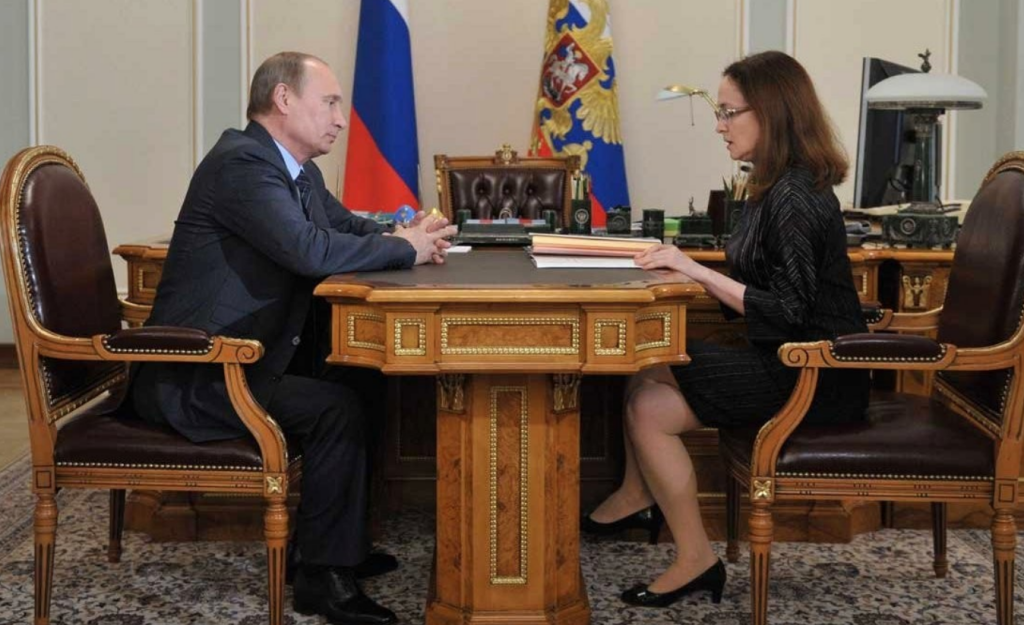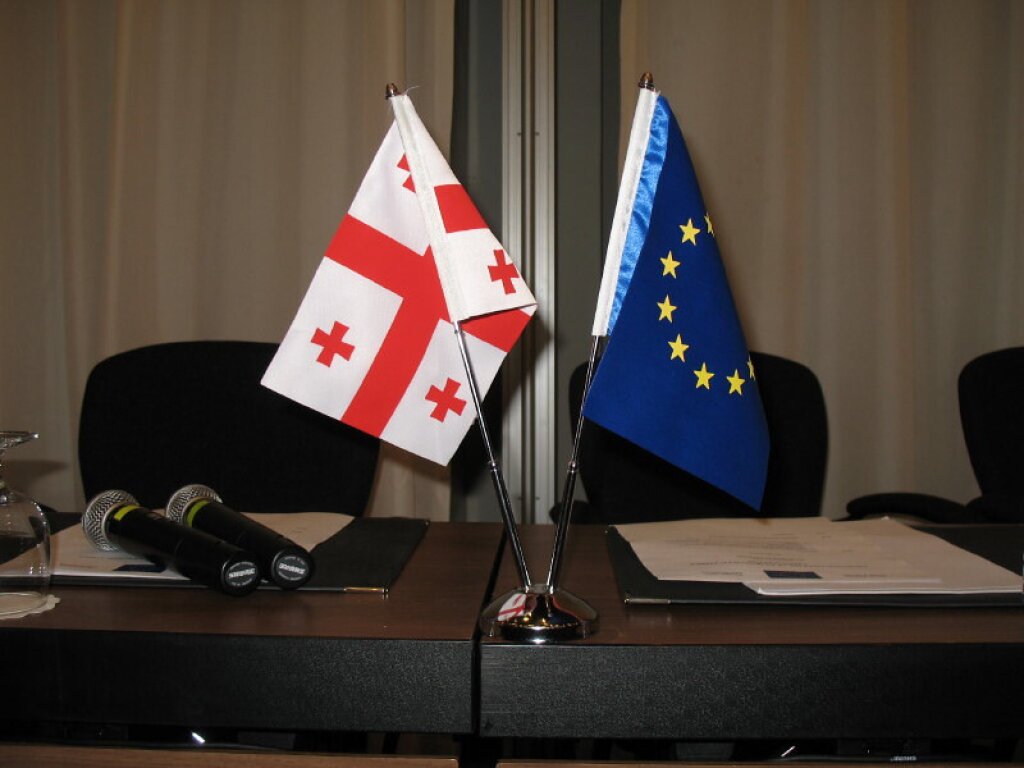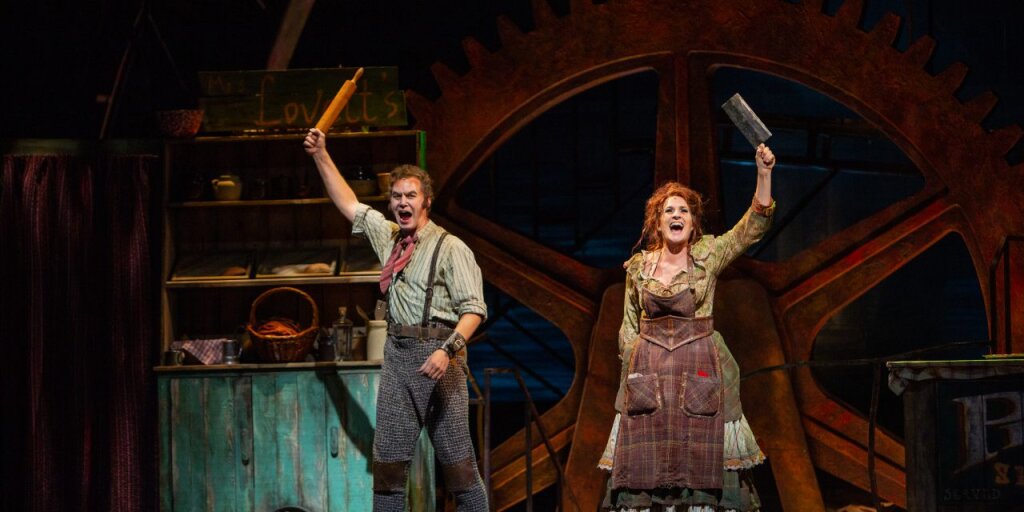Ilya Matveev is a researcher focusing on Russian and comparative political economy. He is currently a visiting scholar at UC Berkeley. His academic work has appeared in South Atlantic Quarterly, Journal of Labor and Society, Europe-Asia Studies, East European Politics and elsewhere. He is a member of the Public Sociology Laboratory, a group of Russian social scientists studying post-Soviet societies from a critical perspective, and an affiliate of the Alameda Institute, a new research network of left-wing intellectuals.
This post is based on an article that originally appeared in Problems of Post-Communism in January 2024.
When Russia's invasion of Ukraine began in February 2022, some analysts predicted that Russia's GDP would decline by as much as 30% due to unprecedented economic sanctions and other effects of the war. Instead, the Russian economy declined by only 2.1% in 2022 and actually grew by 3.6% in 2023. Many factors contributed to this result, skillful economic management being among the most important.
The country’s top economic managers, like Central Bank head Elvira Nabiullina, have worked tirelessly to undo the economic damage the war has brought while never publicly voicing their opposition to it. They have become perfect technocrats: individuals who occupy positions of power by virtue of their highly specialized knowledge, and who avoid any value-based judgements about the state of the world.
Historically, however, the technocratic tendency in Russia’s economic management was not devoid of broader political ideology. Economic managers proudly proclaimed their adherence to liberalism, did not shy away from commenting on the issues of the day, and even participated in mass politics with a series of party projects including the Democratic Choice of Russia (Demokraticheskii vybor Rossii – DVR) and the Union of Right Forces (Soiuz pravykh sil – SPS). Nevertheless, they had a distinct preference for technocratic—advisory and executive—roles. How and why did Russia’s liberal technocrats become simply technocrats? I aim to answer this question in the recently published article on which this blog post is based.
Despite launching their own political parties, the market reformers of the 1990s were deeply skeptical of democracy. In 1995, Alexei Ulyukaev, a young economist who would later become the minister of economic development (and then, having fallen victim to Kremlin intrigue, an inmate in a penal colony for allegedly soliciting bribes ,), was pondering “how to make decision-making competent, dependent on knowledge and experience and not on the results of voting, and how to achieve a ‘regime of non-proliferation’ of the political sphere and other spheres of social life.” Liberal technocrats sought to protect their reform program from popular pressure and had high hopes for the figure of a strong president who would help them do so—first Boris Yeltsin, then Vladimir Putin.
Both men disappointed, however. Economic reforms under Yeltsin degenerated into giveaways and pork-barrel deals with various elite groups, including the Soviet-era “red directors’”and oligarchs who had built their fortunes in finance. In turn, Putin’s renewed push for reforms in 2000-2002 ended prematurely with a turn to statist, dirigiste policies and the expansion of the state sector, contrary to the economic liberals’ wishes.
In the end, liberal technocrats, or “system liberals,” as they were increasingly called, came to occupy a specific niche: macroeconomic policy. They coexisted with siloviki managers of state corporations. This arrangement produced both macroeconomic stability and a patronage system that sustained Putin’s regime. However, economic liberals were ultimately pushed out of developing national economic strategy. In fact, the strategic approach was itself hollowed out in favor of disconnected ad hoc solutions in various areas.
Since the beginning of Putin’s third term in 2012, “system liberals” were increasingly attacked politically. The regime still recognized their usefulness, but had no further patience for liberal ideology in any shape or form. Most liberal technocrats stuck to their narrow niches and projects, keeping quiet about internal political developments. When they did try to articulate a broader worldview, they adhered to extreme long-termism reflected in an “institutionalist” discourse. According to this narrative, the liberal technocrats’ own role was to sow the seeds of better institutions that would eventually grow into something new—a liberal market economy and even political democracy. But this process, economists like Alexander Auzan argued, could take decades.
Not every liberal technocrat, as I show in the original article, was content to be pushed into a specific niche. Alexei Kudrin, for example, tried to act as a mediator between the protesters and the Kremlin in 2011-2012. He took an interest in various civic projects, rethinking. to some extent, the technocratic legacies of 1990s-era economic liberalism. But it was too little, too late—the regime was inexorably moving in an illiberal direction, and Kudrin ended up losing much of his influence despite his personal friendship with Putin. Sergei Guriev, another prominent liberal technocrat who at one point consulted both Alexei Navalny and then president Dmitry Medvedev, did not have the benefit of Putin’s friendship, and eventually left the country in 2013 after a criminal case was opened against him.
By 2022, when Russia’s invasion of Ukraine began, liberal technocrats were not a cohesive group in Russian politics—a “tower” in the Kremlin. Nor did they have a public voice. Some of them, like Anatoly Chubais, remained silent even after they resigned and left the country. Others stayed on and became enablers of the war—although, to their credit, they also managed to prevent the rapid economic immiseration of the Russian people (who were not so prosperous to begin with).
The idea of liberal technocracy had a long history in Russian politics. However, its time has come to an end. Economic managers who have remained in power in Russia no longer have anything liberal about them. The opposition, on the other hand, has probably learned the lesson that politically “insulating” economic reformers is not a good idea. Whether the regime stays or falls, liberal technocracy is a thing of the past.



